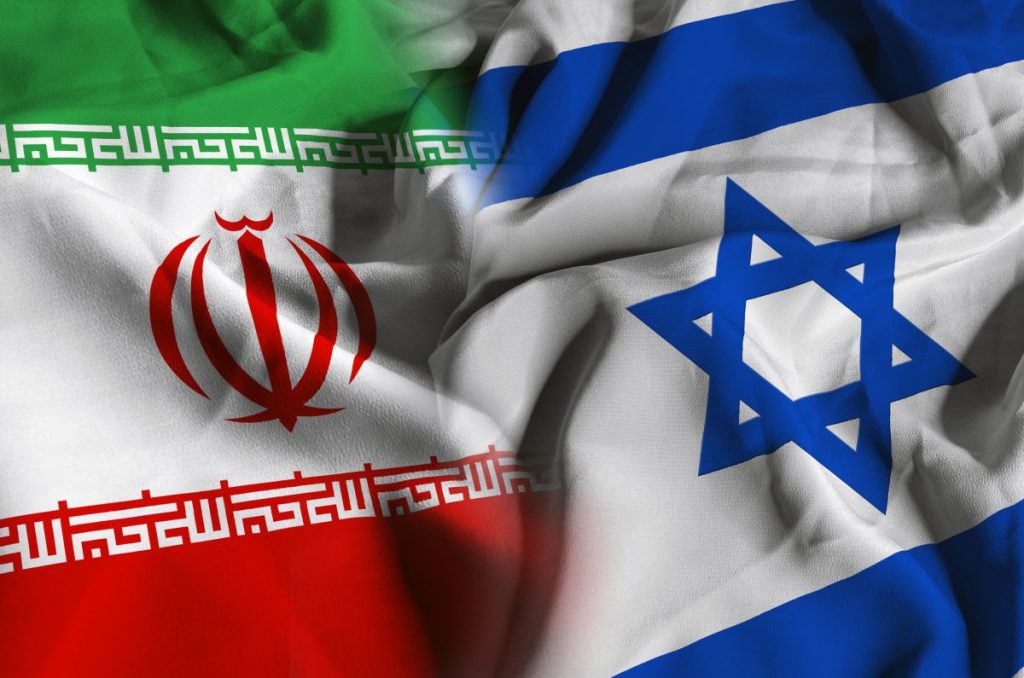West Asia Ceasefire Unravels Within Hours As Israel And Iran Exchange Strikes
The ceasefire between Israel and Iran unraveled within hours of its announcement, as both sides launched fresh attacks and accused each other of violations. Israeli officials confirmed a strike on a radar installation near Tehran in response to three missiles reportedly fired by Iran, one at 07:06 and two more at 10:25 local time, after the truce had taken effect.
Explosions were reported in Iran’s northern Mazandaran province, including the cities of Babol and Babolsar, prompting the activation of air defense systems. Tehran denied launching any new missiles, while Israel cited precise timings to assert Iranian non-compliance, resulting in conflicting narratives and casting doubt on the ceasefire’s enforceability. However, no further incidents were reported after U.S. President Donald Trump spoke directly with Israeli Prime Minister Benjamin Netanyahu.
The ceasefire, brokered with Qatar’s mediation following intensive negotiations and U.S. airstrikes on Iranian nuclear facilities, had been announced by President Trump on June 23. Both Netanyahu and Iranian state media publicly acknowledged the agreement, raising initial hopes of de-escalation. However, the swift breakdown revealed fundamental disagreements over the scope and terms of the truce.
Trump, visibly frustrated, condemned both sides: “Iran did. Israel did, too. I’m not happy with Israel. Don’t go out first hour. Not happy with Iran, either.” In a pointed warning, he added, “DO NOT DROP THOSE BOMBS. IF YOU DO IT IS A MAJOR VIOLATION. BRING YOUR PILOTS HOME, NOW!” Israeli officials later confirmed they had refrained from further attacks following Netanyahu’s call with the U.S. President.
The breakdown of the ceasefire coincides with the opening of the NATO summit in The Hague, Netherlands, where the conflict has already overshadowed the alliance’s traditional focus on defense spending and unity. President Trump arrived at the summit just hours after announcing the truce, only to see it fall apart soon after. The renewed violence in West Asia has forced NATO leaders to address the region’s rapidly deteriorating security situation while continuing to grapple with ongoing challenges such as the war in Ukraine.
Meanwhile, regional air traffic is gradually resuming. Air India Express announced the restart of its services to West Asia from June 24, with flights resuming today on the Delhi, Muscat route, and additional services to Muscat, Riyadh, and Jeddah from Mumbai, Kozhikode, and Jaipur. Flights to and from major UAE cities, including Dubai, Abu Dhabi, Sharjah, Al Ain, and Ras Al Khaimah,are scheduled to resume tomorrow.










